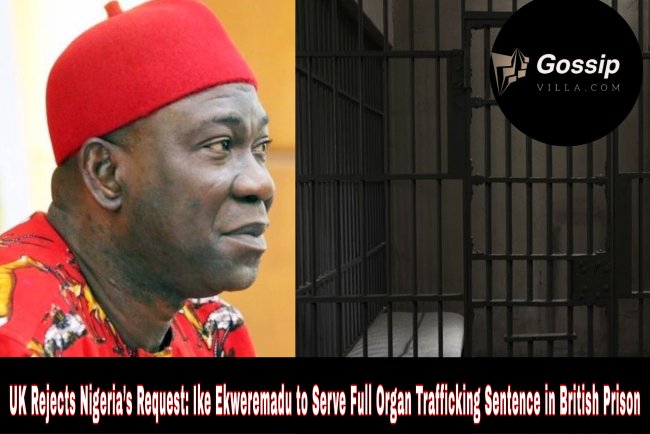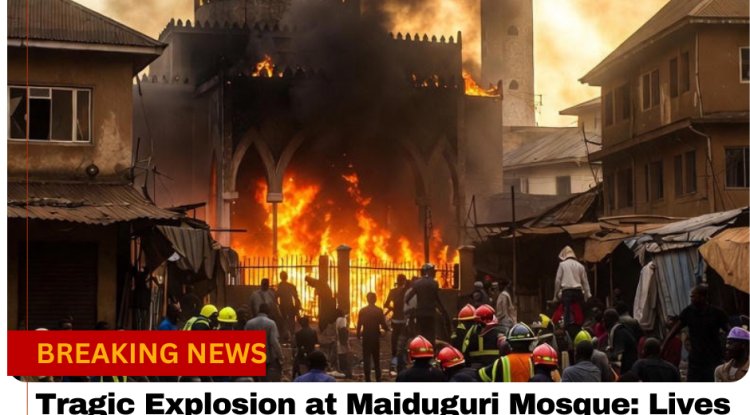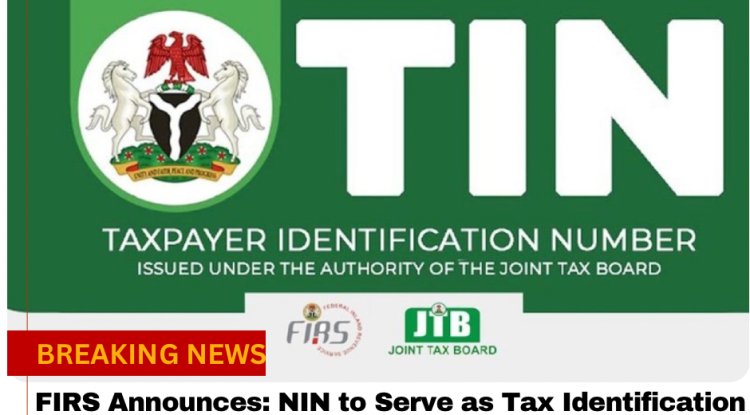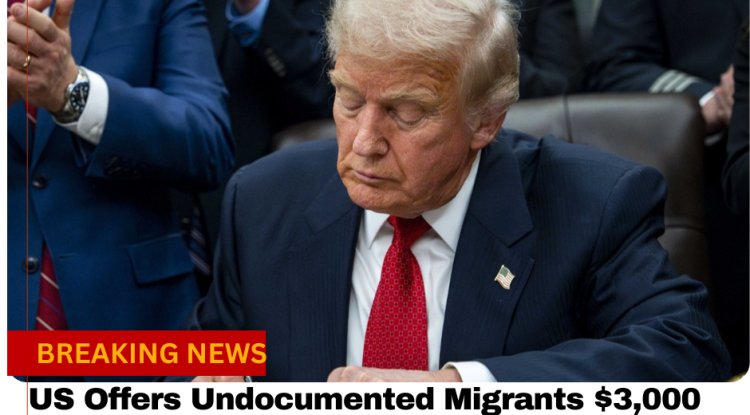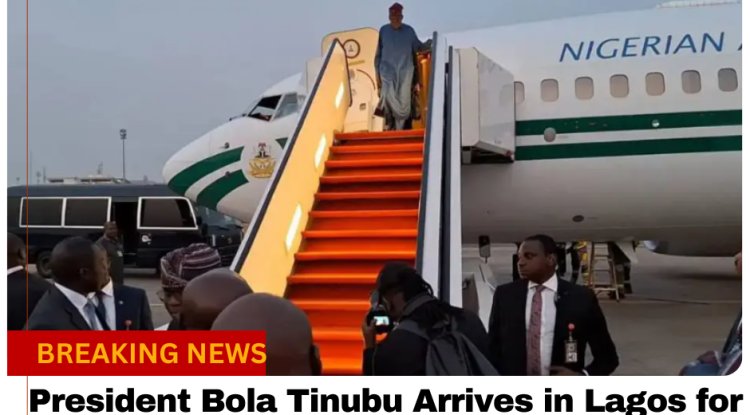China Defends Nigeria Against U.S. ‘Genocide’ Claim
China warns Trump against military interference in Nigeria after his threat over alleged Christian persecution. Beijing defends Abuja’s sovereignty amid rising US-China tensions.
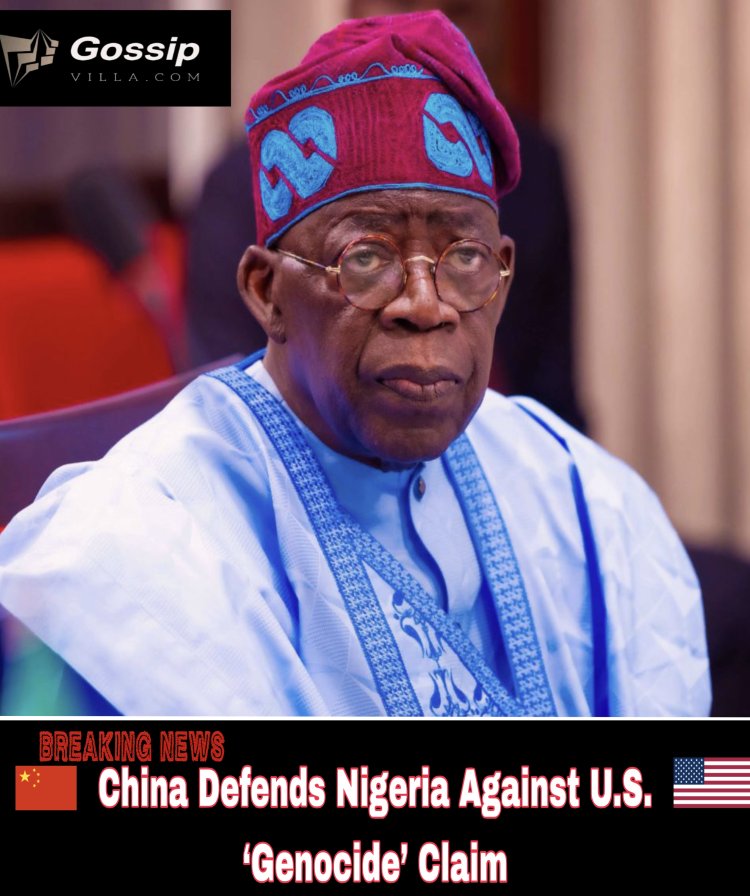
China Defends Nigeria Against U.S. ‘Genocide’ Claim
Tensions between major powers escalated this week after U.S. President Donald Trump publicly suggested the United States might consider military measures in Nigeria to address what he described as widespread killings of Christians. Beijing responded with an unusually direct diplomatic rebuke, warning against outside interference and reiterating its support for Nigerian sovereignty. The episode has raised questions about international norms, the limits of external pressure in response to human-rights concerns, and the diplomatic balance between security, humanitarian messaging and state sovereignty.
What happened: the U.S. statement and immediate fallout
On October 31 November 1, 2025, President Trump said the United States might deploy troops or carry out air strikes in Nigeria and directed U.S. defence authorities to prepare options, framing these measures as responses to alleged mass killings of Christians in parts of the country. His comments followed the U.S. decision to re-designate Nigeria as a “Country of Particular Concern” for religious-freedom violations. The remarks prompted swift diplomatic pushback inside Nigeria and concern among other international actors about the precedent of military threats in response to alleged abuses.
The Nigerian presidency and government officials publicly rejected the threats and urged respect for national sovereignty. Abuja described the U.S. claims as based on an incomplete picture of complex, local conflicts that affect communities across religious lines. Nigerian spokespeople stressed that many victims of violence are Muslims as well as Christians and that long-standing insurgency, criminality and resource conflicts drive much of the bloodshed.
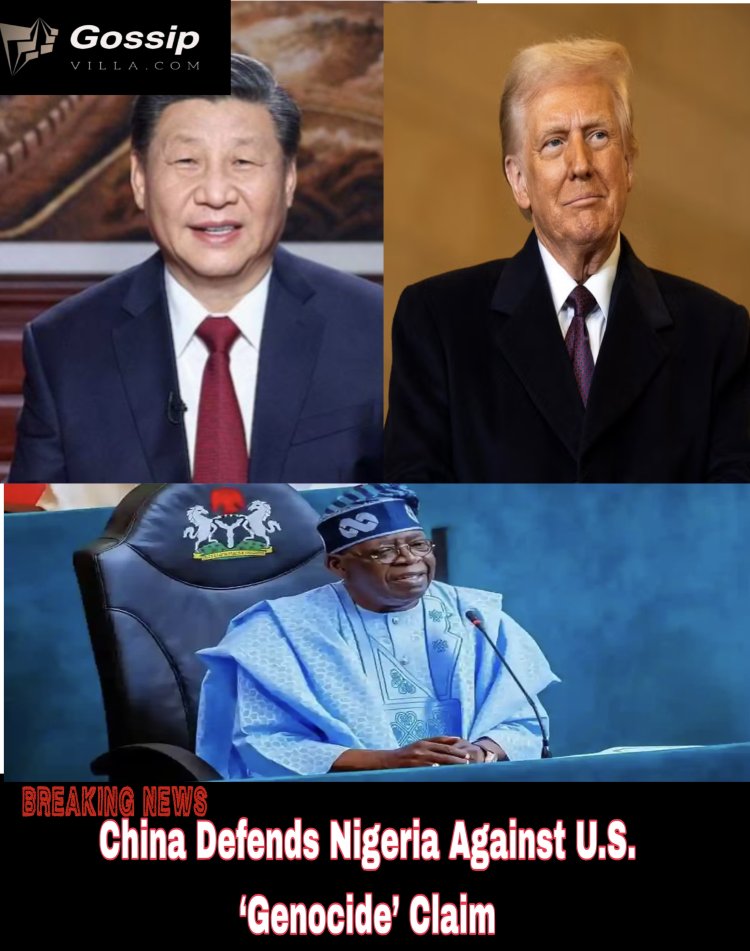
China’s response
Speaking at a press briefing in Beijing on November 4, 2025, Foreign Ministry spokesperson Mao Ning said China “firmly opposes any country using religion and human rights as an excuse to interfere in other countries’ internal affairs, and [opposes] threatening other countries with sanctions and force,” and affirmed Beijing’s support for Nigeria as “a comprehensive strategic partner.” The comments framed China’s stance as defence of the principle of non-interference and as backing for Nigeria’s sovereignty and development path.
China’s public intervention is notable for its clarity and timing. Beijing has significant economic and diplomatic ties with Abuja including large investments and trade links and has frequently emphasised non-interference as a cornerstone of its foreign policy. Analysts interpret China’s statement as both an expression of principle and a practical defence of its economic and geopolitical interests in West Africa.
International and regional implications
1. Diplomatic balancing: The United States’ hardline rhetoric and China’s prompt defence of Nigeria exemplify a broader great-power dynamic in which accusations about human-rights practices risk becoming vectors for geopolitical competition. When responses escalate from diplomatic censure to military threats, third parties—regional organisations and neighbouring states—often face pressure to take sides or mediate.
2. Sovereignty vs. human-rights enforcement: The episode sharpens a perennial tension: how should the international community respond to credible allegations of mass abuses without violating the sovereignty of states or fueling external intervention that may worsen conflicts? Legal scholars and practitioners warn that military intervention absent clear multilateral mandate and evidence risks undermining both international law and the stated humanitarian objective.
3. Regional stability and security cooperation: Nigeria is a regional power whose internal security problems insurgency in the northeast, communal violence, and clashes involving armed herders have cross-border effects. External military involvement could complicate counter-insurgency operations and humanitarian response, while also affecting bilateral security cooperation with existing partners.
What to watch next
• Diplomatic engagement: Whether the U.S. pursues substantive multilateral consultation (UN, AU, ECOWAS) or shifts to targeted diplomatic measures will be critical for calibrating international response. Multilateral channels can provide mechanisms for independent verification and reduce the risk of unilateral military options.
• Domestic Nigerian response: Abuja’s policy choices strengthening security, permitting neutral investigations, or inviting international observers will shape how external actors respond and whether tensions ease or intensify.
• Great-power diplomacy: How Beijing, Washington, and other major capitals manage messaging and practical cooperation on humanitarian access, intelligence-sharing, and development assistance will influence both immediate outcomes and longer-term regional alignments.
China’s public warning against interference in Nigeria following President Trump’s military-threat rhetoric highlights the complex interplay between human-rights advocacy and state sovereignty at a time of heightened geopolitical competition. The international community faces a difficult task: responding credibly to allegations of mass abuses while avoiding unilateral military actions that could inflame conflict and erode legal norms. Moving forward, transparent investigation, multilateral diplomacy, and strengthened domestic measures to protect civilians will be essential steps for reducing tension and addressing the underlying causes of violence in Nigeria.
Verified Sources
Also Read about How Trump Declares Nigeria a “Country of Particular Concern” Over Religious Freedom Violations
What's Your Reaction?







